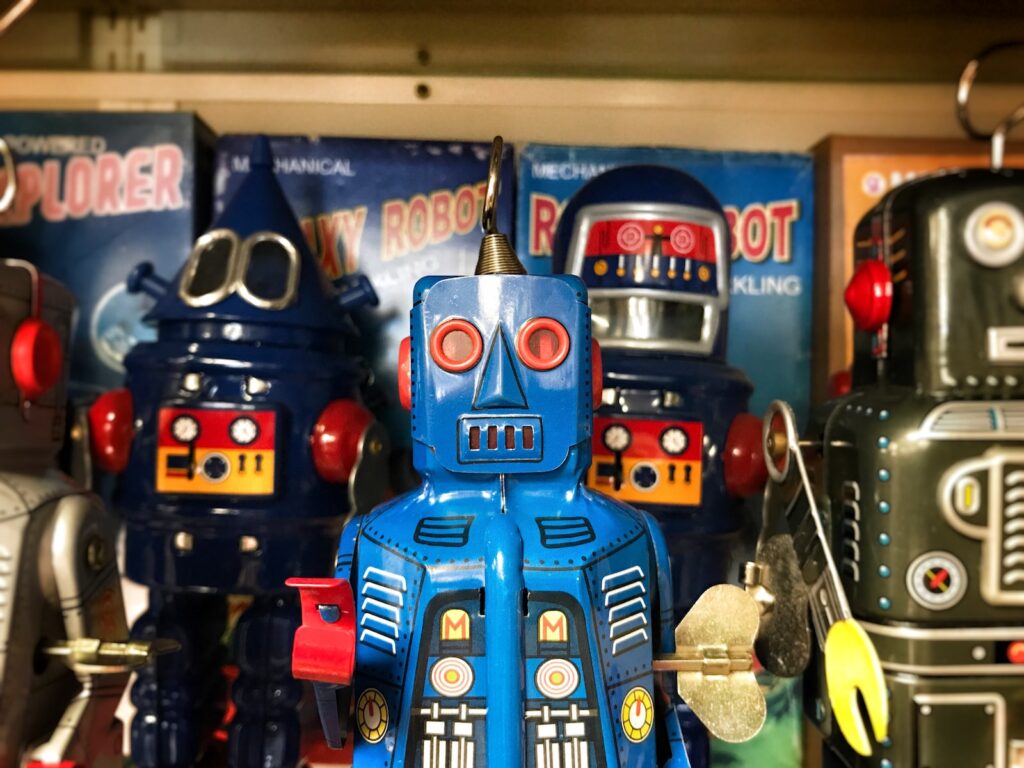
“Uncovering the Past of the Nerd Revolution!”
Introduction
The nerd community has a long and storied history, and it is one that is often overlooked. From the early days of the computer revolution to the modern day, nerds have been a driving force in the development of technology and culture. This article will explore the history of the nerd community, from its origins to its current state. We will look at the various subcultures that have emerged, the impact of technology on the community, and the role of nerds in popular culture. We will also discuss the challenges that the nerd community has faced, and how it has evolved over time. Finally, we will look at the future of the nerd community and how it will continue to shape our world.
The History of Nerd Conventions: How Nerd Conventions Have Evolved Over Time
Nerd conventions have been around for decades, and they have evolved significantly over time. Initially, these conventions were small gatherings of like-minded individuals who shared a passion for science fiction, fantasy, and other related genres. These early conventions were often held in local hotels or community centers, and they were attended by a few hundred people.
As the popularity of nerd culture grew, so did the size and scope of nerd conventions. By the late 1980s, conventions had become large-scale events, with thousands of attendees. These conventions featured a variety of activities, including panels, workshops, and gaming tournaments. They also featured vendors selling merchandise related to nerd culture, such as comic books, action figures, and video games.
In the 1990s, nerd conventions began to focus more on specific genres and interests. For example, some conventions focused on anime, while others focused on comic books or video games. This allowed attendees to find conventions that catered to their specific interests.
In the 2000s, nerd conventions began to become more mainstream. This was due in part to the success of popular films and television shows that featured nerd culture, such as The Lord of the Rings and The Big Bang Theory. As a result, more people began to attend nerd conventions, and the events became even larger and more diverse.
Today, nerd conventions are held all over the world and attract hundreds of thousands of attendees. These conventions feature a wide variety of activities, including panels, workshops, gaming tournaments, and vendors selling merchandise related to nerd culture. They also feature cosplay competitions, where attendees dress up as their favorite characters from movies, television shows, and video games.
Nerd conventions have come a long way since their humble beginnings. They have grown in size and scope, and they now attract people from all walks of life. As nerd culture continues to grow in popularity, it is likely that nerd conventions will continue to evolve and become even more popular.
The Rise of Geek Culture: How the Nerd Community Has Influenced Pop Culture
In recent years, the rise of geek culture has had a profound impact on popular culture. From comic book movies to video game conventions, the influence of the nerd community is undeniable. This article will explore the history of geek culture, its impact on popular culture, and the implications of its continued growth.
The term “geek” was first used in the 1950s to describe someone who was socially awkward or had an obsessive interest in a particular subject. Over time, the term has evolved to encompass a wide range of interests, including comic books, video games, science fiction, fantasy, and technology. As the popularity of these interests has grown, so too has the size of the geek community.
The rise of geek culture has had a significant impact on popular culture. Comic book movies, such as the Marvel Cinematic Universe, have become some of the highest-grossing films of all time. Video game conventions, such as the Electronic Entertainment Expo (E3), have become major events for the gaming industry. Technology companies, such as Apple and Google, have become household names.
The influence of geek culture is not limited to the entertainment industry. It has also had an impact on fashion, with geek-inspired clothing and accessories becoming increasingly popular. It has also had an impact on politics, with many politicians embracing geek culture in an effort to appeal to younger voters.
The continued growth of geek culture has implications for the future. As the size of the geek community continues to grow, so too will its influence on popular culture. This could lead to more comic book movies, more video game conventions, and more technology companies. It could also lead to more geek-inspired fashion and more politicians embracing geek culture.
Ultimately, the rise of geek culture has had a profound impact on popular culture. From comic book movies to video game conventions, the influence of the nerd community is undeniable. As the size of the geek community continues to grow, so too will its influence on popular culture.
The Role of Social Media in the Nerd Community: How Social Media Has Changed the Way Nerds Interact
The rise of social media has had a profound impact on the nerd community, transforming the way nerds interact with one another. Social media has enabled nerds to connect with like-minded individuals from around the world, creating a global community of nerds. This has allowed nerds to share their interests, discuss topics of mutual interest, and even collaborate on projects.
Social media has also enabled nerds to find and join groups dedicated to their interests. These groups provide a safe space for nerds to discuss their passions and find support from others who share their interests. This has allowed nerds to form strong bonds with one another, creating a sense of community and belonging.
Social media has also enabled nerds to share their knowledge and expertise with the world. Through platforms such as YouTube, Twitch, and Reddit, nerds can share their knowledge and skills with others, helping to spread their interests and passions. This has allowed nerds to become influencers in their respective fields, helping to shape the conversation around their interests.
Finally, social media has enabled nerds to connect with one another in real life. Through platforms such as Meetup, nerds can find and attend events in their local area, allowing them to meet and interact with other nerds in person. This has allowed nerds to form strong relationships with one another, creating a sense of community and belonging.
In conclusion, social media has had a profound impact on the nerd community, transforming the way nerds interact with one another. Through social media, nerds have been able to connect with like-minded individuals from around the world, find and join groups dedicated to their interests, share their knowledge and expertise with the world, and connect with one another in real life. As a result, social media has enabled nerds to form strong bonds with one another, creating a sense of community and belonging.
The Impact of Technology on the Nerd Community: How Technology Has Shaped the Nerd Community
The nerd community has been shaped by technology in many ways. Technology has enabled nerds to connect with each other, share their interests, and create a culture of their own. Technology has also enabled nerds to access information and resources that were previously unavailable to them.
The internet has been a major factor in the growth of the nerd community. It has allowed nerds to connect with each other from all over the world, creating a global network of like-minded individuals. This has enabled nerds to share their interests, discuss topics, and collaborate on projects. It has also allowed nerds to access information and resources that were previously unavailable to them.
The rise of social media has also had a major impact on the nerd community. Social media has enabled nerds to connect with each other in ways that were not possible before. It has allowed nerds to share their interests, discuss topics, and collaborate on projects. It has also allowed nerds to create their own online communities, where they can discuss topics, share resources, and collaborate on projects.
Technology has also enabled nerds to access information and resources that were previously unavailable to them. For example, the internet has allowed nerds to access information about topics that they are interested in, such as computer programming, gaming, and science. It has also allowed nerds to access resources such as online tutorials, forums, and websites dedicated to their interests.
Finally, technology has enabled nerds to create their own culture. Technology has allowed nerds to create their own language, dress, and even their own music. Technology has also enabled nerds to create their own online communities, where they can discuss topics, share resources, and collaborate on projects.
In conclusion, technology has had a major impact on the nerd community. It has enabled nerds to connect with each other, share their interests, and create a culture of their own. Technology has also enabled nerds to access information and resources that were previously unavailable to them. Technology has enabled nerds to create their own language, dress, and even their own music. Technology has also enabled nerds to create their own online communities, where they can discuss topics, share resources, and collaborate on projects.
Conclusion
The history of the nerd community is a fascinating one, full of interesting characters, events, and stories. From the early days of the science fiction fanzines to the modern day tech-savvy nerds, the nerd community has grown and evolved over the years. It has become a vibrant and diverse community that is full of creativity and innovation. The nerd community has made a lasting impact on the world, and its influence will continue to be felt for years to come.




